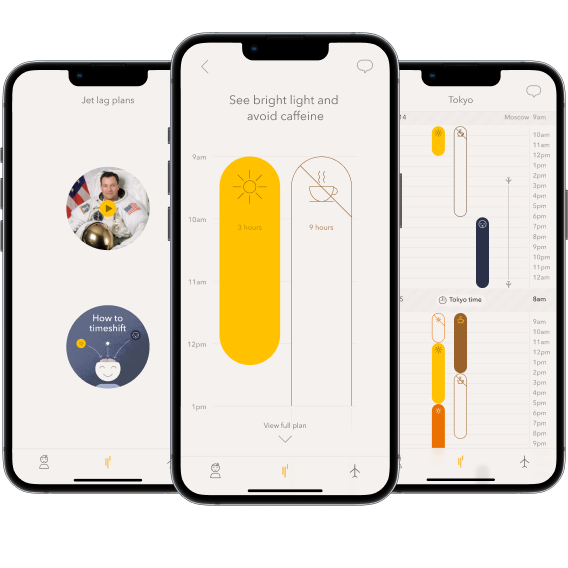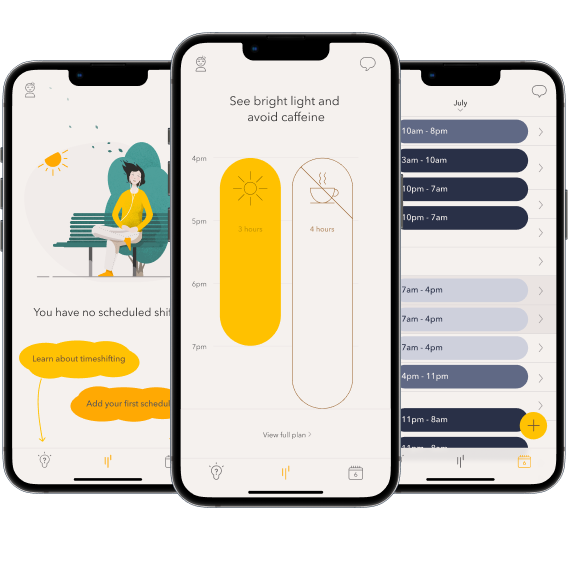Is jet lag worse going east or west?
When we travel west, we need to delay our circadian clock to a later time, and lengthen our day. When we travel east, we need to advance our circadian clock to an earlier time and shorten our day.
To understand these statements, let's consider two scenarios:
Westward travel needs a delay: If I am having lunch in New York, people in LA (3 time zones west of New York) are having breakfast. People in LA do things later than people in New York, so in order to shift from New York to LA time, we need to delay our clock. When you travel to LA from New York, and go to bed at 11pm LA time, that is the equivalent of 2am in New York time, so you have stayed up 3 hours later than normal and 'lengthened' your day by 3 hours.
Eastward travel needs an advance: If I am having lunch in New York, people in Paris (6 time zones east of New York) are having dinner. People in Paris do things earlier than people in New York, so in order to shift from New York to Paris time, we need to advance our clock. When you travel to Paris from New York, and go to bed at 11pm Paris time, that is the equivalent of 5pm in New York time, so you have gone to bed 6 hours earlier than normal and 'shortened' your day by 6 hours (and why it is hard to go to sleep).
How does this relate to your circadian clock and chronotype? About 75% of people have a circadian clock with a day length longer than 24 hours. This is the equivalent of naturally traveling a little bit west every day and so most people find it easier to travel west, as they are 'going with the their clock', not against it. These people tend to be more evening types who naturally stay up later and so find it easier to lengthen their day.
About 25% of people have a circadian clock with a day length shorter than 24 hours. This is the equivalent of naturally traveling a little bit east every day and so a quarter of people find it easier to travel east. These tend to be morning types who prefer to sleep and wake up earlier and so they can more easily shorten their day.
Of course, circadian period and chronotypes are a continuum, ranging from extreme morning to extreme evening types, and so there will be a range of how easily people can adapt to different directions.
Jet lag is history.
Timeshifter's jet lag app is the most-downloaded and highest-rated jet lag app in the world. Get personalized jet lag plans based on your sleep pattern, chronotype, itinerary, and personal preferences.

New app for shift workers
Timeshifter's shift work app is an entirely new way for shift workers to optimize their sleep, alertness, and quality of life. Import your work schedule to get highly personalized advice.








